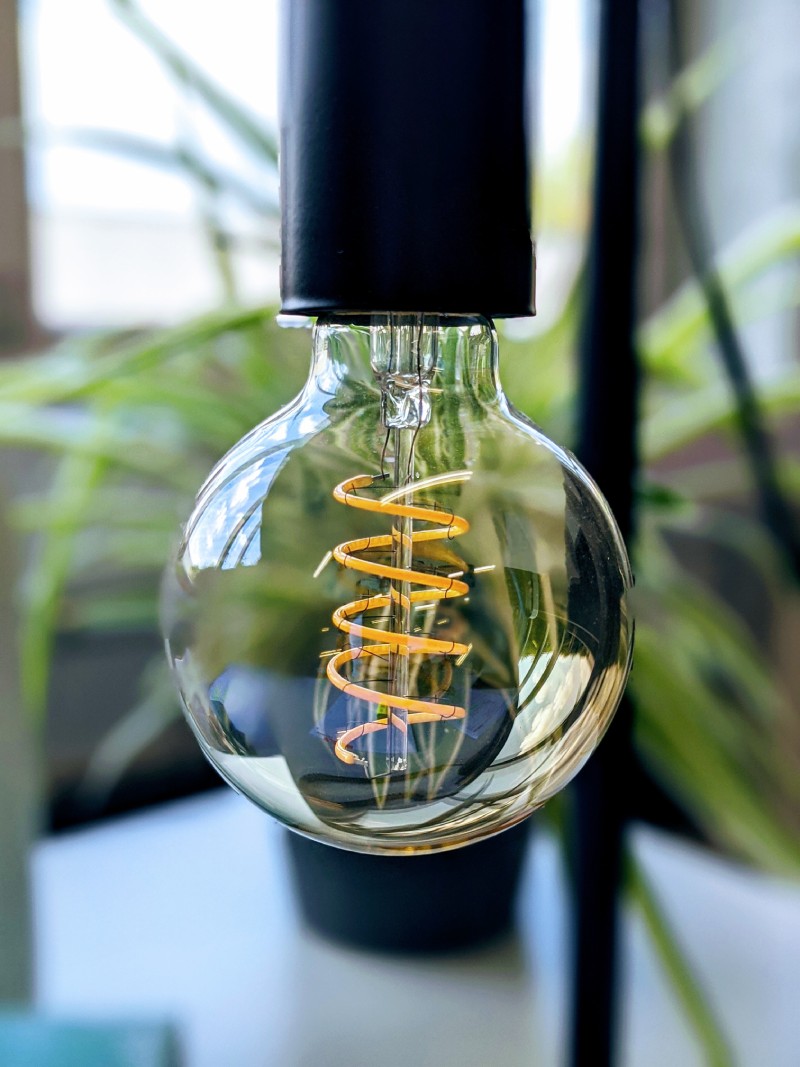Introduction
Welcome to our exploration of the benefits of energy-efficient appliances. We live in an age where the conversation about energy consumption and its environmental impact is more important than ever. As consumers, we play a pivotal role in this discourse through our everyday choices—especially those related to the appliances we use in our homes.
Understanding Energy-Efficiency
Energy efficiency isn’t just a buzzword; it’s a concept of critical importance. At its core, energy efficiency means using less energy to perform the same task—reducing waste, improving output, and promoting more sustainable use of resources. An energy-efficient appliance, for example, accomplishes its function—washing dishes, cooling air, or cooking food—while using significantly less electricity than its non-efficient counterpart.
Consider the simple example of light bulbs. An LED bulb uses around 75% less energy than an old-fashioned incandescent bulb and lasts at least 25 times longer. So, while lowering your energy consumption, you also enjoy the benefits of extended product life.
Importance of Energy-Efficient Appliances
With new technologies and growing awareness about climate change, energy-efficient appliances have become increasingly important. These appliances can substantially reduce our electricity, diminishing greenhouse gas emissions and carbon footprint.
In addition, energy-efficient appliances are lighter on our wallets. By consuming less power, these appliances significantly save utility bills over time. This combination of environmental responsibility and cost-effectiveness makes energy-efficient appliances a wise choice for modern consumers.
The power to contribute to a sustainable future is in our hands. By opting for energy-efficient appliances, we can make a considerable difference in the world, one kilowatt-hour at a time.
Overview of the Blog Post
In this blog post, we’ll delve deeper into energy-efficient appliances. We’ll explore what these appliances are, their environmental and financial benefits, and how they can enhance home comfort. We’ll also provide tips on choosing energy-efficient appliances and discuss their role in the broader energy transition.
By the end of this blog post, you’ll have a comprehensive understanding of the value of energy-efficient appliances. You’ll be equipped to make informed decisions that can save you money and contribute to a healthier, more sustainable planet.
Stay tuned as we embark on this enlightening journey into energy efficiency. The savings for your wallet and the world are worth it.
What Are Energy-Efficient Appliances?
In this modern era, we are surrounded by various appliances that make our lives easier. However, not all appliances are created equal regarding energy usage. Energy-efficient appliances are specifically designed to use less energy without sacrificing performance. They’re a smart investment that can lead to significant savings and contribute to environmental sustainability.

Defining Energy-Efficient Appliances
Energy-efficient appliances are designed with technology that maximizes operational performance while minimizing energy consumption. These appliances can complete the same tasks as their standard counterparts. Still, they use less electricity, water, or gas. This includes everything from large appliances like refrigerators and dishwashers to smaller ones like toaster ovens and ceiling fans.
For instance, an energy-efficient washing machine typically uses less water, requires less detergent, and uses advanced technology to clean clothes thoroughly with less power.
Different Types of Energy-Efficient Appliances
Energy-efficient appliances span across all household categories. Here are a few common types you might come across:
- Refrigerators: Energy-efficient models use advanced compressor technology and improved insulation to keep your food cold with less power.
- Dishwashers: These appliances utilize soil sensors to assess your dishes’ dirty and adjust the cycle length accordingly, conserving water and energy.
- Washing Machines: High-efficiency washing machines use sophisticated wash systems to flip or spin clothes through a reduced stream of water. In contrast, energy-efficient dryers use sensor drying to tell when clothes are dry, reducing wasted energy.
- Air Conditioners: Energy-efficient air conditioners offer advanced features like variable-speed fans and programmable thermostats to help reduce your cooling costs.
- Lighting: LED and CFL bulbs consume significantly less energy and have a longer lifespan than traditional incandescent bulbs.
Energy Star Ratings
An important aspect of energy-efficient appliances is the Energy Star rating. Energy Star is a program run by the U.S. Environmental Protection Agency and Department of Energy that promotes energy efficiency.
An appliance bearing the Energy Star logo meets strict guidelines for energy efficiency and reduced greenhouse gas emissions. These products use 10-50% less energy and water than standard models. The rating provides an easy way for consumers to identify and purchase energy-efficient products that offer savings on energy bills without sacrificing performance, features, and comfort.
In conclusion, energy-efficient appliances are crucial to our collective efforts toward environmental sustainability. They help conserve our natural resources while also saving money on utility bills. By understanding these appliances and how they work, we can make more informed decisions and move towards a greener, more sustainable future.
The Environmental Impact of Energy-Efficient Appliances
The effects of energy-efficient appliances go beyond the scope of your monthly utility bill. They play a significant role in reducing environmental impact, ultimately contributing to a more sustainable future. Utilizing energy-efficient appliances can substantially decrease greenhouse gas emissions, reduce reliance on fossil fuels, and build a world where sustainability is at the forefront.
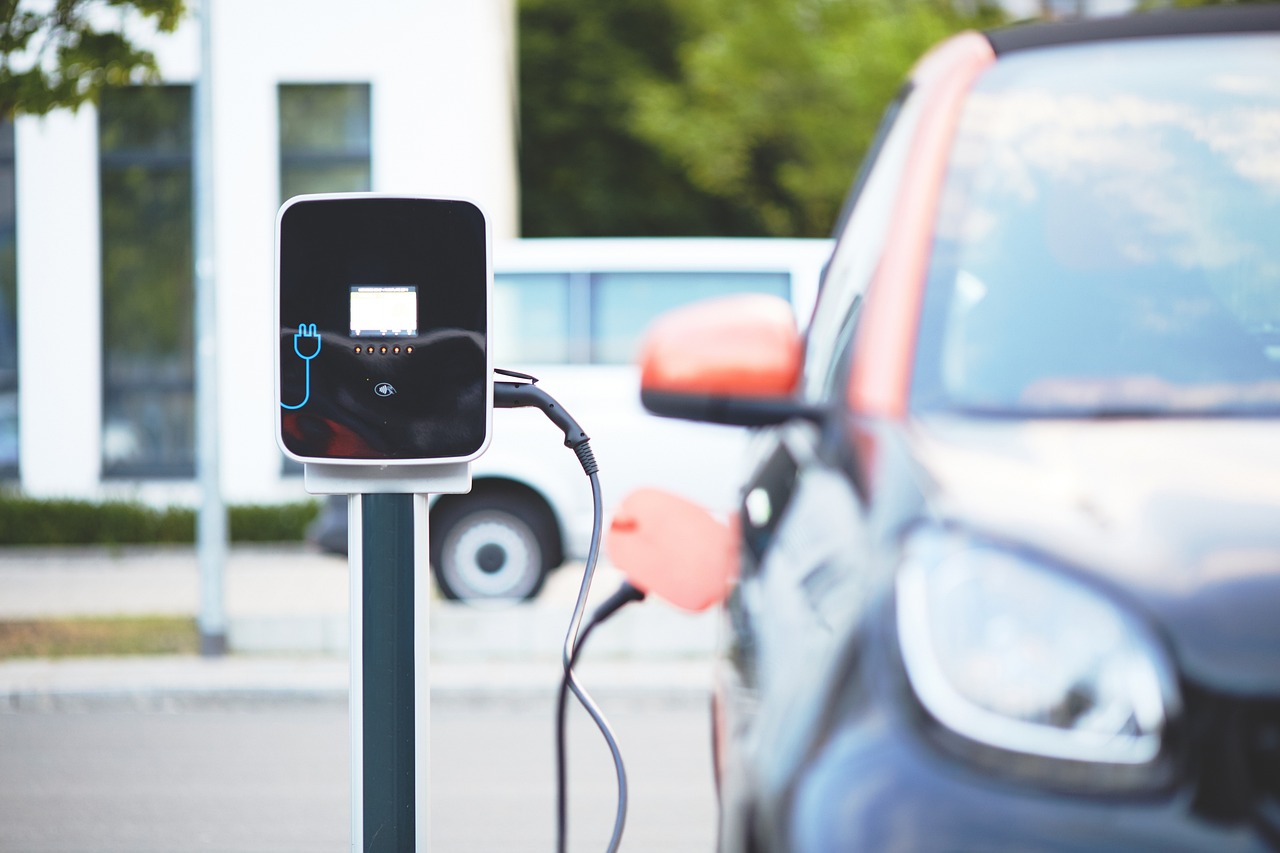
Reduction in Greenhouse Gas Emissions
Energy-efficient appliances play a crucial role in reducing greenhouse gas emissions. These appliances use less electricity compared to their standard counterparts. Since electricity generation often involves burning fossil fuels, which emit greenhouse gases like carbon dioxide, using less electricity means less burning of fossil fuels and fewer emissions.
For instance, choosing an Energy Star-rated refrigerator over a non-rated model could save around 700 pounds of carbon dioxide per year. That’s equivalent to the emissions from driving your car for almost 800 miles! This tangible impact on our carbon footprint underscores the environmental benefits of energy-efficient appliances.
Decreased Dependence on Fossil Fuels
Another critical environmental benefit of energy-efficient appliances is the decreased dependence on fossil fuels. Most of our power infrastructure is based on coal, gas, and oil. When we use less energy at home, we require less energy to be produced at the source, leading to less extraction and burning of these non-renewable resources.
Remember, it’s not just about electricity. Energy-efficient appliances also save water and minimize the usage of other resources. For example, an energy-efficient dishwasher or washing machine uses less electricity and significantly reduces water consumption.
Contribution to a Sustainable Future
Finally, energy-efficient appliances contribute to a sustainable future by encouraging the responsible use of our planet’s finite resources. As we continue to battle issues like climate change, it’s clear that small changes at an individual level can collectively lead to significant changes.
Adopting energy-efficient appliances is one such change. It promotes resource conservation and sparks innovation, pushing manufacturers to develop even more efficient technologies. Moreover, the widespread adoption of energy-efficient appliances sends a clear message to policymakers about consumer demand for sustainable products, which can influence policy and regulations.
In summary, energy-efficient appliances make a significant contribution to environmental sustainability. They reduce greenhouse gas emissions, decrease dependence on fossil fuels, and play a part in shaping a more sustainable future. In the next section, we will delve deeper into the financial benefits of these appliances. This will further illustrate why the shift towards energy efficiency is a win-win situation for consumers and the environment.
The Financial Benefits of Energy-Efficient Appliances
When discussing the merits of energy-efficient appliances, we must recognize their significant financial benefits. These benefits include substantial savings on energy bills, the long-term return on investment they provide, and potential access to various rebates and incentives. These advantages can greatly reduce household expenses and contribute to a more sustainable budget.
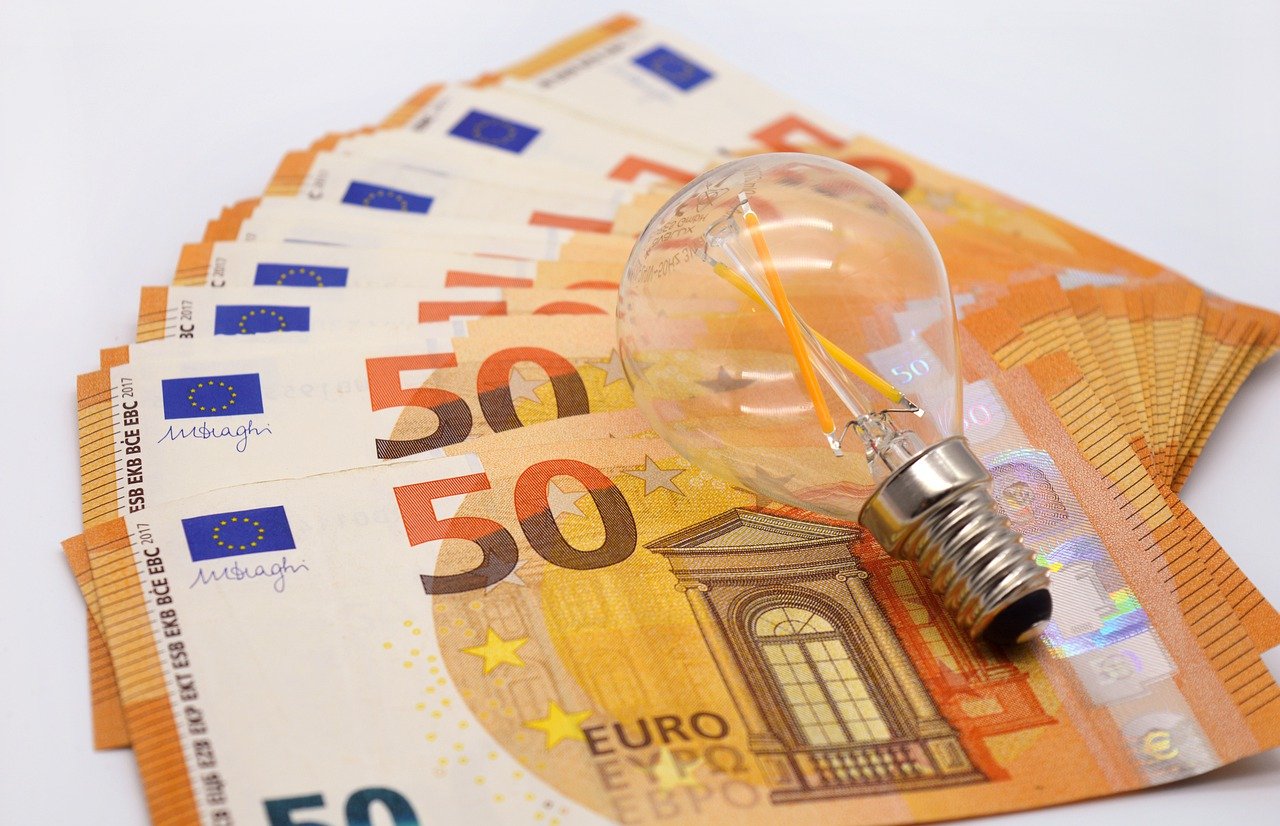
Lowering Energy Bills
The most direct and apparent financial benefit of energy-efficient appliances is their potential to lower energy bills. Since these appliances use less electricity, they cost less to operate. Whether it’s an energy-efficient refrigerator, dishwasher, washing machine, or LED light bulb, you’ll see reductions in your monthly bills.
For instance, an Energy Star-rated washing machine uses about 25% less energy and 33% less water than regular washers, leading to substantial savings. Similarly, energy-efficient LED light bulbs use up to 80% less energy than traditional incandescent bulbs, cutting down the costs of your lighting bill.
Long-Term Savings
While energy-efficient appliances may have a higher upfront cost, the long-term savings they offer make them a financially sound investment. Their lower operating costs mean you’ll save money over the appliance’s life, which can often offset and surpass the initial price difference.
Consider an energy-efficient refrigerator, saving you more than $200 over five years compared to a non-efficient model. And because energy-efficient appliances tend to be higher quality and last longer, you’ll also save money on replacement costs.
Potential Rebates and Incentives
Lastly, many utility companies and governments offer rebates and incentives for purchasing energy-efficient appliances. These programs can substantially reduce the initial cost, making these appliances even more affordable. Incentives vary by location and the type of appliance, but they can significantly offset the upfront cost.
For example, you may be eligible for a rebate if you purchase an Energy Star-rated appliance. Similarly, tax credits for energy-efficient home improvements can lower the cost of installing energy-efficient systems like solar water heaters or geothermal heat pumps.
In conclusion, energy-efficient appliances can bring considerable financial benefits. They help lower your energy bills, provide long-term savings, and qualify you for rebates and incentives. In the next section, we will explore how to select the best energy-efficient appliances for your needs, ensuring you make the most of these benefits.
Energy Efficiency and Product Lifespan
When contemplating the acquisition of energy-efficient appliances, one should also consider their durability and lifespan. Not only do these appliances consume less energy, but they also tend to last longer, further enhancing their value over time. This section will discuss the durability of energy-efficient appliances, their typically lower maintenance costs, and their sustained value over time.

Durability of Energy-Efficient Appliances
Most energy-efficient appliances are designed with durability in mind. Manufacturers of these appliances invest in higher-quality components and more rigorous testing protocols to ensure longevity. This robust design can help to prevent common issues such as mechanical failures or efficiency loss over time.
For example, LED light bulbs last up to 25 times longer than traditional ones. Similarly, an Energy Star-rated dishwasher is built to last, with many models providing reliable service for ten years or more. This durability means you won’t need to replace your appliances as frequently, saving both money and resources.
Lower Maintenance Costs
Energy-efficient appliances also tend to have lower maintenance costs thanks to their high-quality construction and advanced technology. With fewer mechanical issues, you’ll spend less time and money on repairs.
Moreover, these appliances often come with comprehensive warranties that provide additional peace of mind. If a problem does occur, the warranty usually covers the cost of repair or replacement, further minimizing out-of-pocket expenses.
Value Over Time
When considering the total cost of an appliance, it’s important to factor in its lifespan. Thanks to their durability and lower operating costs, energy-efficient appliances provide greater value over time.
While the initial investment may be higher, combining energy savings, durability, and lower maintenance costs often makes these appliances more cost-effective in the long run. When you factor in energy costs over the appliance’s lifespan, the total cost of ownership of an energy-efficient appliance is often less than that of a less-efficient model.
In summary, energy-efficient appliances stand out not just for their lower energy usage but also for their durability and long lifespan. Their robust design, lower maintenance costs, and overall value over time further emphasize their benefits. These aspects make these appliances a sustainable choice for the environment and a wise investment for your wallet.
Energy-Efficient Appliances and Home Comfort
In addition to their environmental and financial benefits, energy-efficient appliances can contribute significantly to your home’s comfort. They often offer superior performance that enhances indoor air quality, improves temperature control, and reduces noise levels. This section will explore these aspects and explain how energy-efficient appliances can contribute to a more comfortable living environment.

Improved Indoor Air Quality
Energy-efficient appliances, especially heating, ventilation, and air conditioning (HVAC) systems, can significantly improve the indoor air quality of your home. They are designed to better filter air, remove pollutants, and control humidity levels, creating a healthier living environment.
For instance, Energy Star-certified air purifiers can filter out microscopic particles more effectively than standard models, reducing allergens and irritants in your indoor air. Similarly, energy-efficient dehumidifiers can help maintain optimal humidity levels, preventing the growth of mold and mildew.
Enhanced Temperature Control
With advanced technology and improved designs, energy-efficient appliances often provide better temperature control. For example, an energy-efficient refrigerator can keep your food at a more consistent temperature, helping to prevent spoilage and save money on wasted food.
Moreover, energy-efficient HVAC systems can maintain a more consistent indoor temperature, avoiding the hot and cold spots common with older, less efficient systems. These HVAC systems use programmable thermostats and zoning techniques to ensure every room in your home is comfortable, enhancing the overall livability of your space.
Noise Reduction
Lastly, energy-efficient appliances operate more quietly than their less efficient counterparts. They use high-quality components and advanced designs to minimize noise production.
Consider an energy-efficient dishwasher, for example. It’s designed to clean your dishes thoroughly while producing less noise, so you can run it anytime without disturbing your peace and quiet. Similarly, energy-efficient washing machines and dryers operate more quietly, leading to less noise disruption in your home.
In conclusion, energy-efficient appliances save energy and money and contribute to a more comfortable and healthier home environment. With their ability to improve indoor air quality, enhance temperature control, and reduce noise levels, these appliances offer benefits beyond their energy-saving capabilities. They truly are a smart investment for your wallet and quality of life.
How to Choose Energy-Efficient Appliances
Choosing energy-efficient appliances can be a smart investment that results in long-term savings and a reduced carbon footprint. However, the process may seem overwhelming due to the many options available. This section aims to simplify that process by discussing three key aspects: understanding energy guide labels, considering your specific needs, and making a cost-effective decision.
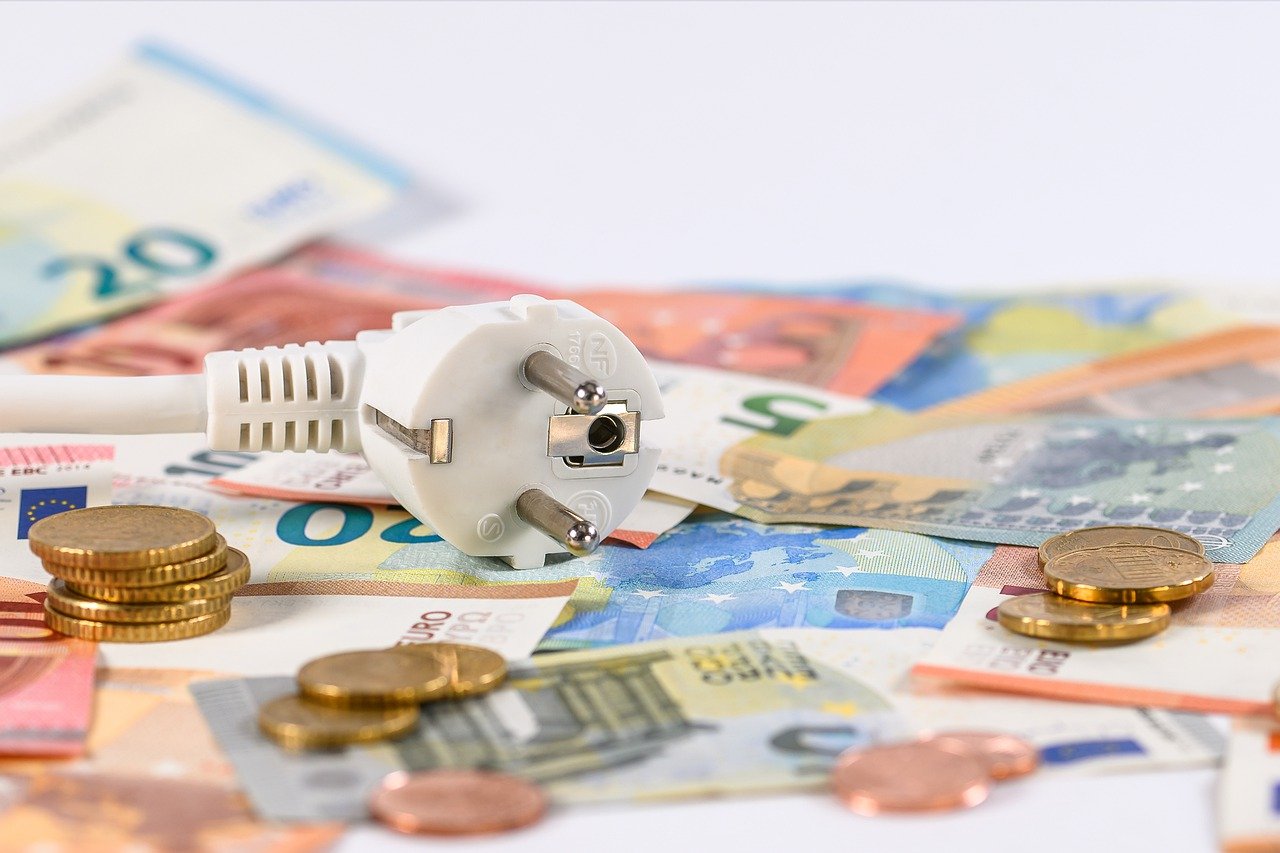
Understanding Energy Guide Labels
Energy guide labels are critical tools that provide information about an appliance’s energy consumption and efficiency. Here are a few key components to look for when reading these labels:
- Estimated Yearly Operating Cost: This gives you a rough idea of how much the appliance will cost to run annually. Lower costs indicate higher efficiency.
- Energy Consumption: Measured in kilowatt-hours (kWh), this tells you how much electricity the appliance uses in a typical year.
- Energy Star Logo: This indicates that the appliance meets or exceeds energy efficiency standards set by the Environmental Protection Agency (EPA).
Understanding these labels can help you make an informed choice about the energy efficiency of the appliances you buy.
Considering Your Specific Needs
While energy efficiency is crucial, it’s also important to consider your specific needs when choosing an appliance. Think about the size of your home, your lifestyle, and the features that are important to you. For example, if you have a large family, you might need a larger, more robust washing machine. However, a smaller, energy-efficient model may suffice if you live alone or with a partner.
Additionally, consider the appliance’s features and controls. Some energy-efficient appliances have smart features that allow you to monitor and control energy use more effectively.
Making a Cost-Effective Decision
While energy-efficient appliances can be more expensive upfront, they can lead to substantial savings over time due to lower operating costs. When considering the cost-effectiveness of an appliance, it’s important to look beyond the initial purchase price and consider the total cost of ownership, which includes the cost to operate the appliance over its lifespan.
Moreover, many utilities offer rebates or incentives for purchasing Energy Star-certified appliances, which can help offset the initial cost.
Choosing energy-efficient appliances isn’t just about finding the product with the best energy guide label. It also involves understanding your needs and evaluating the long-term savings an appliance can offer. By considering these factors, you can select appliances that reduce your energy use and fit your lifestyle and budget.
The Role of Energy-Efficient Appliances in the Energy Transition
Energy-efficient appliances are not just beneficial individually; they play a significant role in the broader context of the global energy transition. The importance of energy-efficient appliances cannot be overstated as the world seeks to reduce its dependence on fossil fuels and move towards renewable energy. In this section, we’ll explore how energy-efficient appliances contribute to this energy transition by moving towards renewable energy, impacting national energy consumption, and helping achieve energy independence.
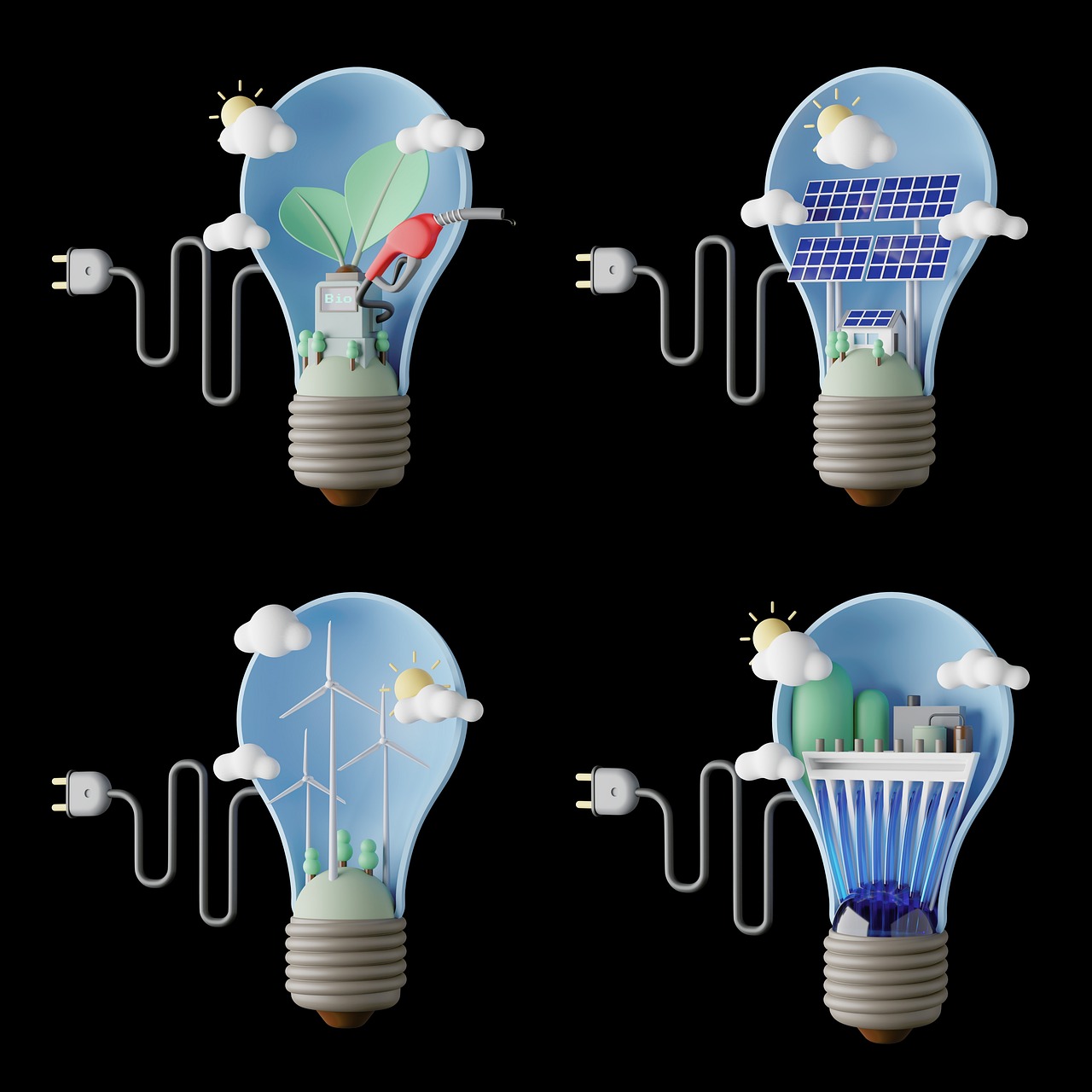
Moving Towards Renewable Energy
As the world transitions towards renewable energy, energy-efficient appliances play a key role by reducing overall energy demand. This allows more homes and businesses to be powered by renewable sources such as solar and wind power.
For instance, an energy-efficient refrigerator can use less than half the electricity of an older model. This lower demand for electricity makes it more feasible for that electricity to be supplied by renewable sources. As such, energy-efficient appliances are essential to a greener, more sustainable future.
Impact on National Energy Consumption
On a larger scale, if every household and business switched to energy-efficient appliances, the impact on national energy consumption would be considerable. It could significantly reduce the need for power plants to produce energy, leading to fewer greenhouse gas emissions and a cleaner environment.
Also, it would help smooth out the demand curve for electricity, reducing peak demand periods and making power grids more stable and efficient.
Role in Achieving Energy Independence
Energy-efficient appliances also play a role in achieving energy independence, a state where a country can meet its energy needs without relying on imported energy. By lowering the overall energy demand, these appliances can reduce a country’s reliance on foreign energy sources and increase its energy security.
In addition, energy independence also means being able to rely on renewable energy sources that are abundant and locally sourced, like wind, solar, and hydropower. In this context, energy-efficient appliances can help make the most of these resources by ensuring their energy is used as effectively as possible.
In summary, energy-efficient appliances are about more than just saving money or reducing a single household’s energy consumption. They are vital to a larger global movement towards renewable energy, decreased national energy consumption, and increased energy independence. We can all contribute to a more sustainable energy future by choosing energy-efficient appliances.
Conclusion
As we reach the end of our exploration into the world of energy-efficient appliances, it’s clear that the benefits extend beyond simply reducing our utility bills. These appliances represent a key tool in our collective effort to create a more sustainable and energy-efficient future. This final section offers a recap of the benefits of energy-efficient appliances, inspires readers to make the switch, and looks forward to the future of energy efficiency.

Recap of the Benefits of Energy-Efficient Appliances
Energy-efficient appliances bring a multitude of benefits to homeowners and the environment alike.
- These appliances use less energy, reducing greenhouse gas emissions and lowering our dependence on fossil fuels.
- From a financial perspective, they can significantly decrease energy bills, offer long-term savings, and sometimes even qualify for rebates and incentives.
- They also contribute to improved home comfort, with benefits such as improved indoor air quality and enhanced temperature control.
- Finally, they play a crucial role in the broader energy transition, helping to reduce national energy consumption and supporting the move towards renewable energy.
Inspiring Readers to Make the Switch
Making the switch to energy-efficient appliances can seem like a daunting task. Still, the benefits outweigh the initial costs. By opting for energy-efficient appliances, not only do you contribute to a sustainable future, but you also make a cost-effective decision for your household. Remember to look for the Energy Star ratings when shopping for new appliances, and take the time to understand the Energy Guide labels. Every small step can lead to significant changes!
The Future of Energy Efficiency
As we look toward the future, the importance of energy-efficient appliances will continue to grow. We can expect these appliances to become even more efficient and affordable with technological advancements. In addition, as our understanding and appreciation of the importance of energy efficiency grow, more incentives and policies will likely be put in place to encourage the use of these appliances.
Ultimately, energy efficiency is not just about saving energy or money. It’s about making responsible choices for our planet and future generations. By choosing energy-efficient appliances, we each can play a part in this critical mission.
As we conclude, we hope that this article has illuminated the many benefits of energy-efficient appliances and inspired you to consider making the switch. The future of energy efficiency is bright, and each of us can contribute to it uniquely. Let’s embrace energy-efficient appliances; together, we can pave the way for a sustainable and energy-efficient future.

